
Holistic ADHD Treatment: What Does That Mean?
Around 6.4 million American children and teens live with attention deficit hyperactivity disorder (ADHD). [1] Adults can also have ADHD, and the Centers for Disease Control and Prevention (CDC) estimate that about 4.4% of adults living with ADHD.
Kentucky in particular has the highest rate of ADHD in the country with 19% of children diagnosed with ADHD. [2] At NextStep 4 ADHD, our team of psychiatrists, pediatricians, psychologists, therapists, coaches, and healthcare professionals offers treatments to help you not just manage ADHD — but thrive.
As an understanding of ADHD continued to grow over the last decade, the demand for treatment has also grown. The options for treating ADHD are more diversified than ever. There is certainly a lot of misinformation about ADHD that can often leave you uncertain and confused.
Don’t worry — you have come to the right place. We offer a wide range of comprehensive ADHD treatment options for you and your family.
NextStep 4 ADHD Serving Louisville, Kentucky
We proudly serve the Louisville, Kentucky area. This includes general psychiatry and ADHD treatment. Located on Park Plaza Avenue, our providers are happy to offer coaching, support, education, and in-clinic services to both adults and children. To request an appointment, click here.
What is ADHD?
Attention deficit hyperactivity disorder (ADHD) is a common mental health condition that impacts concentration, decision-making skills, and impulse control.
How Is ADHD Treated Holistically?
Untreated ADHD can affect your home, work, and even your relationships, but ADHD is treatable, and you can thrive with it! Medication is a hot topic when it comes to ADHD treatment, but it’s not the only option for treating ADHD. In fact, it can be just one aspect of a treatment plan.
There’s where holistic ADHD treatment comes into play. A holistic approach to mental health puts you as the patient — not your diagnosis — at the center of your treatment plan. By addressing their emotional, mental, and physical needs, a holistic approach to mental health means that we look at the whole person.
The team at NextStep 4 ADHD focuses on 5 core areas when approaching ADHD treatment: assessment, education, coaching, support, and medication.
Assessment
An accurate diagnosis is the key to managing your ADHD symptoms. An accurate assessment begins with a consultation with clinicians who are trained to diagnose and treat ADHD.
ADHD affects every part of your life — from getting organized to completing work projects — and working with an experienced ADHD specialist ensures that you get the treatment and tools you need to thrive.
We are experts in ADHD and know what to look for during the assessment.
Education
We don’t just diagnose you; we help provide education to you through discussions, resources, coaching, etc. General education about ADHD is essential for improving your life skills. We’ll help you learn how ADHD affects you individually, as well as how it impacts your family, loved ones, and even your co-workers.
Coaching
ADHD coaching helps you better manage your symptoms by teaching you how to practically apply the right tools and strategies to your life. ADHD coaching also provides accountability, so you can build successful behaviors and routines — and achieve your goals.
Support
Interacting with others who are experiencing similar challenges reduces any stigma or shame associated with ADHD. Maybe you’re a parent of a child with ADHD. Maybe you’re an adult with ADHD trying to build more organizational skills. Building a support system is essential.
At Next Step 4 ADHD, we support you as you make progress on your journey.
Medication
There’s no denying that medication can be effective, and it can be life-changing. Even though it is often the first line of treatment for ADHD, medication alone is not the answer.
As we say, pills don’t create skills.
Let us show you the benefits of a holistic and personalized ADHD treatment plan.
Spotlight on Our ADHD Care Team
Learn more about our compassionate and expert team here.
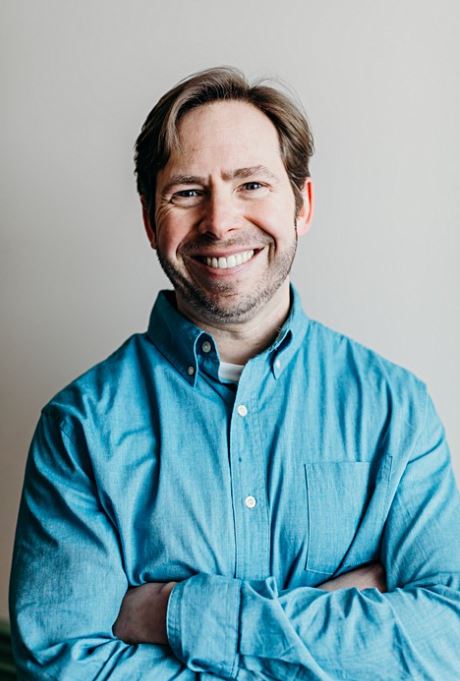
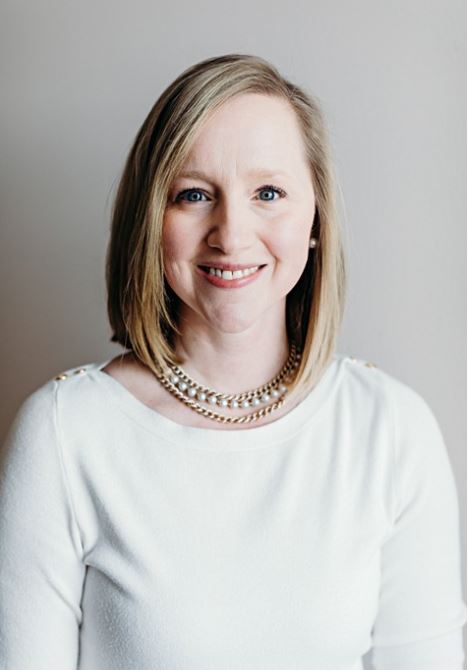
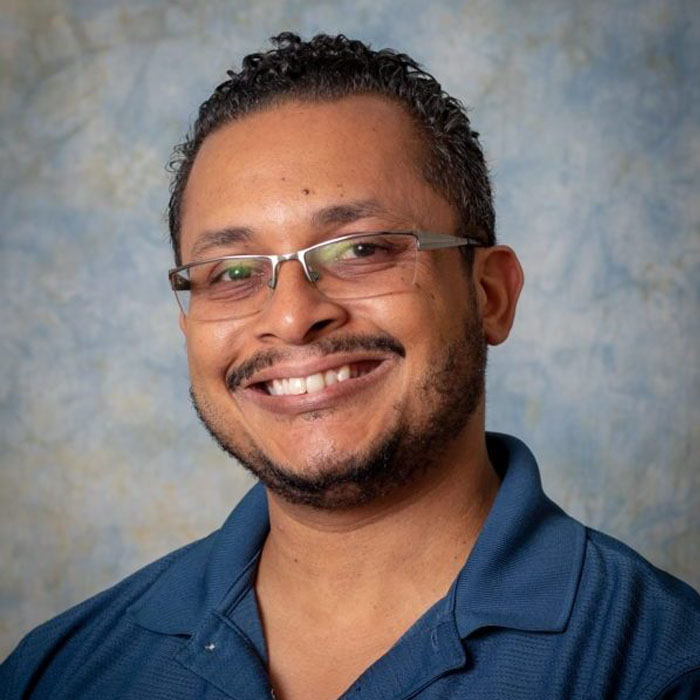
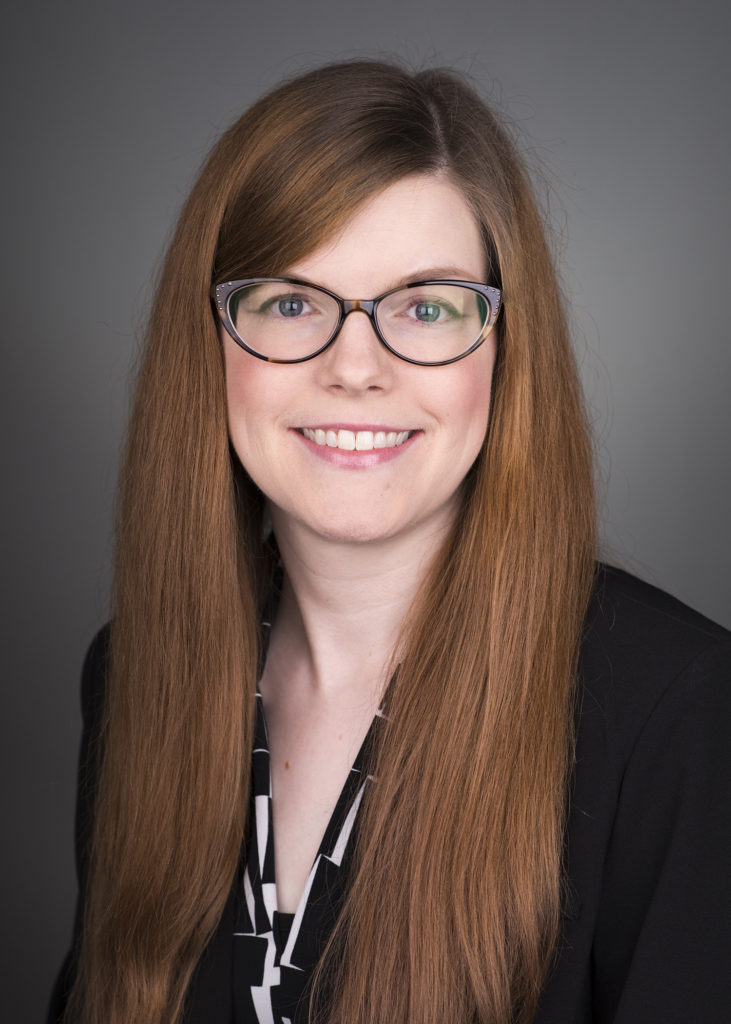
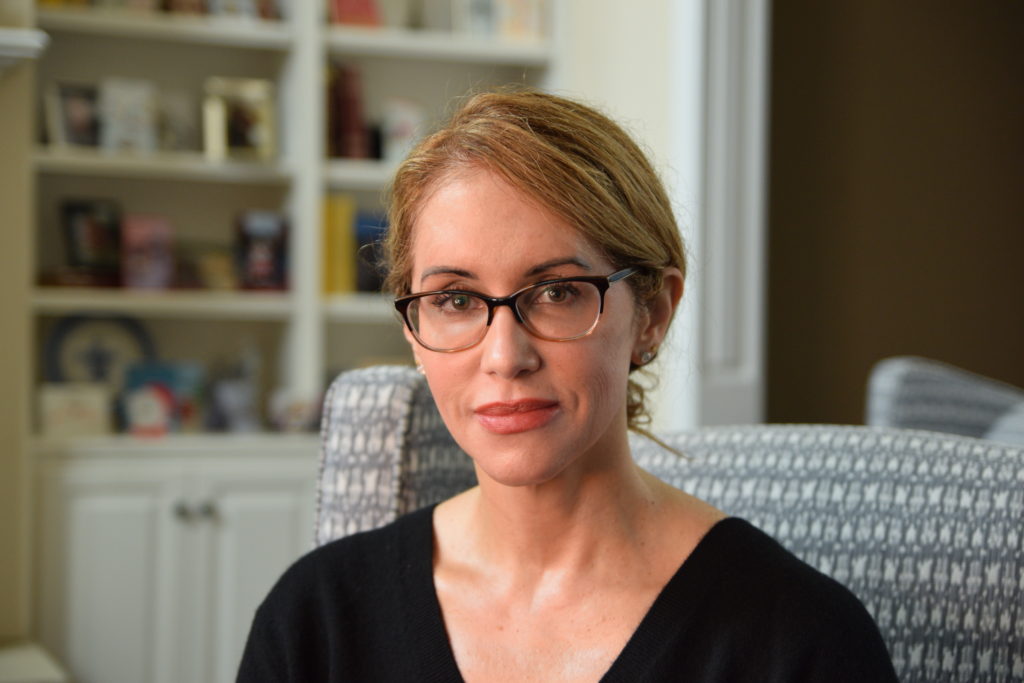
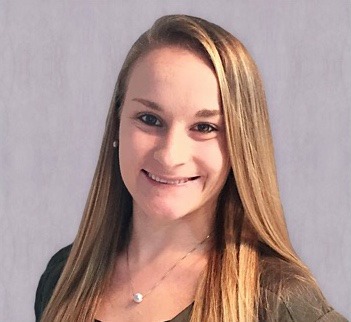
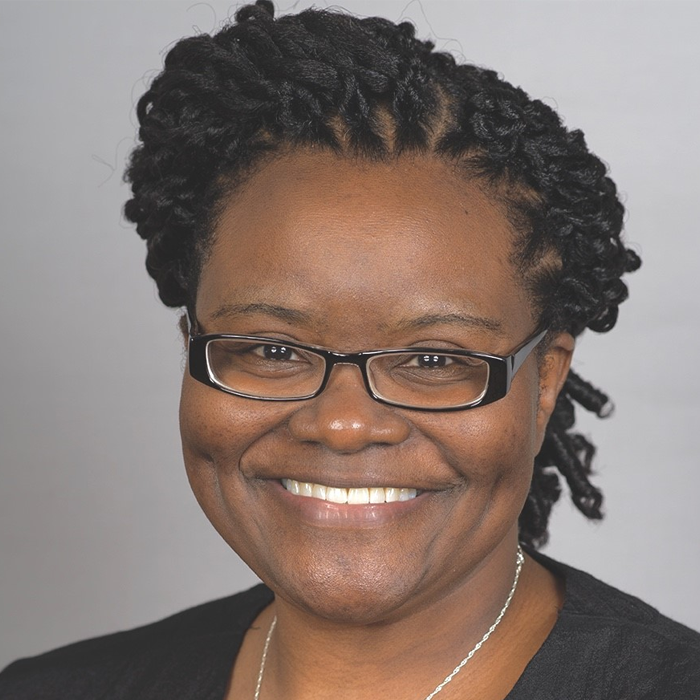

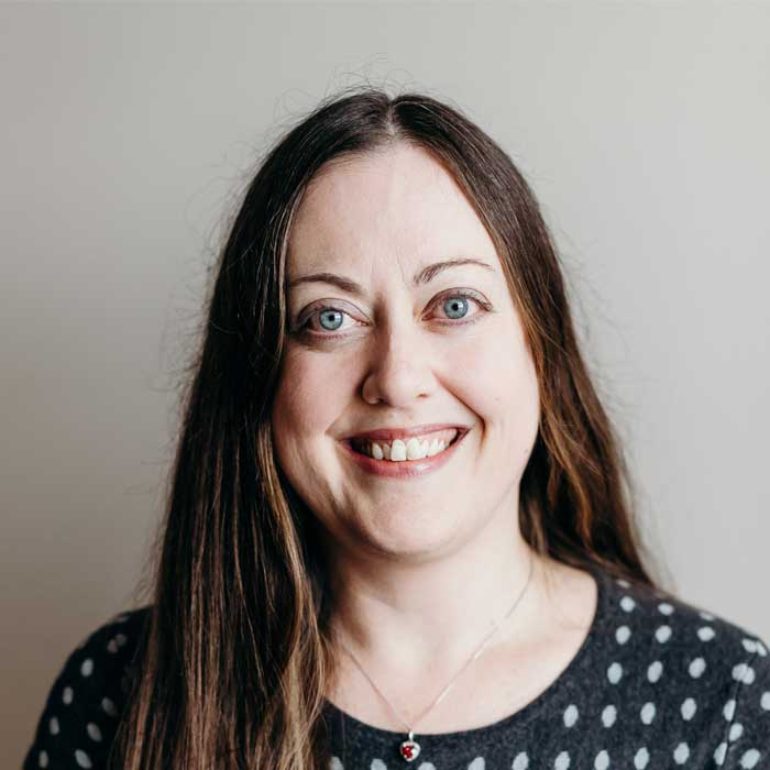
Your ADHD Center in Louisville, Kentucky
At NextStep 4 ADHD, we’re happy to provide comprehensive ADHD care. Whether you’re interested in in-clinic therapies or ADHD coaching, we are here to guide you with your next steps.
If you or a loved one needs to schedule a visit in our Louisville, Kentucky clinic, send us a message to request more information.
References:
- https://www.cdc.gov/ncbddd/adhd/data.html
- https://www.courier-journal.com/story/life/wellness/health/2014/05/02/kentucky-tops-us-adhd/8564911/

Is My Child Too Young for ADHD Treatment?
If your child has debilitating inattention or hyperactivity, you might wonder if your child has ADHD. This leads to another question: “Is my child too young for ADHD treatment?”
No matter how old your child is, when symptoms of ADHD appear, treatment with either therapy or medication should be considered if a child is experiencing impairment, or lack of success, in either the home or the school environment. The goal of ADHD treatment is to help children be successful at both home and school — and prevent significant negative outcomes that often occur when ADHD is left untreated.
In this article, we’ll answer your questions including:
- Does your child demonstrate ADHD symptoms?
- What age is ADHD treated?
- Are there consequences of delaying treatment?
What Age Can a Child Be Diagnosed with ADHD?
According to the American Academy of Pediatrics, children aged 4-18 can be diagnosed with ADHD. Earlier guidelines stipulated that only children 6+ could be diagnosed, but newer guidelines now include preschoolers. You can read more about the AAP’s guidelines here.
Behavior therapy is the first type of treatment the AAP recommends for 4-year-olds. Other lifestyle modifications for younger children may include:
- Eating a nutrient-dense meals
- Getting regular exercise
- Establishing and keeping a bedtime routine
- Establishing routines and schedules throughout the day
Does Your Child Have Symptoms of ADHD?
Younger children, especially preschoolers, tend to be more hyper. They also have shorter attention spans in general. However, if hyperactivity and inattention are preventing your child from thriving, it’s worth considering an ADHD evaluation.
Many children with ADHD start to demonstrate more symptoms during elementary school when sitting for prolonged periods makes things like inattention and fidgeting more noticeable.
Is your child living with ADHD? Take this quiz to learn more:
This quiz does not constitute medical advice or a diagnosis. An accurate diagnosis can only be made through a clinical evaluation. Regardless of the questionnaire results, if you have concerns about diagnosis and treatment of Childhood ADHD, please discuss your concerns with your physician.
What Are the Consequences of Delaying ADHD Treatment?
Many people think ADHD is a condition that simply causes school children to have trouble paying attention or have difficulty staying in their classroom seats. But in reality, ADHD impacts every aspect of an ADHD child’s lives all the way into adulthood. Failure to assist children with developing skills to help them cope with ADHD can have a profoundly negative impact on their lives well beyond school.
Unfortunately, ADHD does not just impact children. When ADHD is left untreated many children grow into adults who still struggle to plan effectively, make impulsive decisions, fail to consider the consequences of their decisions, are more prone to accidental injury including motor vehicle accidents, and often fail to follow through on projects and reach goals.
Research has repeatedly demonstrated that after living with untreated ADHD, adolescents and adults are more likely to both abuse and become addicted to alcohol and drugs, more likely to have early (and often unprotected) sex, and more likely to be expelled from school. People with ADHD often struggle become productive members of society, often find it difficult to keep a job, stay married, parent consistently and some have difficulty staying out of jail.

Children with ADHD have many unsung strengths that are often unable to fully develop without treatment that helps them develop routines, adaptive skills, motivation and problem-solving skills. Their creativity, ingenuity and intellect is often stifled by the demands of today’s school system and lack of adequate one-on-one attention. With proper treatment, these children can reach their potential and become successful in any career they desire, from financial consultant to engineer to corporate executive.
We know that ADHD as well other psychiatric conditions are treated more easily in childhood. Through specialized treatment, children with ADHD can begin to develop life skills, learn to control their impulsive behavior, experience improved relationships with their peers, parents and siblings, and can become much more successful in life overall.
Many parents are very hopeful that no matter what experiences and issues children have that they will still be able to grow into successful adults and grow out of their behavior or ADHD “problems”. Many kids are able to have some degree of success without treatment and thankfully many kids are resilient enough, bright enough or just plain lucky enough to be able to avoid the more extreme negative consequences of inadequate treatment. But children can be much more successful how more successful if they are given tools at a very young age to be able to learn to harness the amazing potential within the ADHD brain.
Resources for Parents
The first step in any treatment program is education — learning as much as you can about ADHD. Below, we’ve curated a list of articles and courses to help you learn more about ADHD as well as strategies for helping your child thrive.
Other Articles
- 5 Signs ADHD Is Impacting Your Child’s School
- 5 Art-Based Activities to Keep Hyperactive Kids Busy
- 7 Tips for Creating a Homework Station for Your Child with ADHD + Printable Homeschool Schedules
- Top 5 Calming Apps for Children (And What to Use as an Alternative)
- Five Ways to Improve Emotional Regulation
- 8 Tips to Help Your Child with ADHD Thrive with E-Learning
- 9 Parenting Tips to Survive and Maybe Even Enjoy Social Isolation With Your Children
- What Is Growth Mindset?
Courses
- [free] ADHD 101: Video Series for Parents
- Childhood ADHD e-Course: What Every Parent Needs To Know
- [free] 10 Strengths of ADHD
Take Your Next Steps
At Next Step 4 ADHD, we have board-certified physicians and doctorate-level psychologists who specialize in diagnosing and treating ADHD.
Call us at 502-907-5908 or use this form to book an appointment with one of our specialized physicians or therapists.
If you don’t get help from us, seek help from someone with significant experience and expertise in treating ADHD.
But children can be much more successful if they are given tools at a very young age to be able to learn to harness the amazing potential within the ADHD brain.

5 Tips for Preparing Your Child for a Telemedicine Visit
In an effort to flatten the curve and reduce the transmission of COVID-19, healthcare professionals across the country are relying more heavily on telehealth. Here at Next Step 4 ADHD, we are proud to offer a variety of services through telehealth – and not just for adults. Children with ADHD don’t have to miss their sessions due to social isolation.
If your child has experience with FaceTime or Skype, he already has a good idea of what a telehealth session is like. Still, the idea of a virtual appointment can be intimidating for some children. If your child is scheduled for an upcoming virtual appointment, it’s a good idea to prepare your child ahead of time.
How to Have a Successful Telehealth Sessions
Here are 5 tips to make the transition from in-person visits to online sessions as seamless as possible.
1. Know what type of session your child is having
At Next Step 4 ADHD, your child can receive a variety of services remotely. This includes:
- New patient diagnosis
- ADHD screenings
- Medication management
- Talk therapy
- CBT
- Coaching
- Education
- Support
When you know what type of service your child is receiving, it’s easier to answer his or her questions.
Reminder: Telehealth sessions are for non-life-threatening visits. If your child is experiencing a serious mental health crisis or another emergency, call 9-1-1 or visit the closest emergency room.
2. Gather important information before the session starts
Before your appointment begins, make sure you have:
- A list of your children’s current medications
- Your child’s medical history, including allergies, weight, and any previous diagnoses
- A list of questions that your child has (if any)
Depending on what type of session your child is having, you might want to write down a list of concerning symptoms that you want to address. Be prepared to answer a variety of questions, including how the symptoms have been occurring, when the symptoms are most severe, and any other related details.
3. Find the perfect location
This is one of the most important steps to having a successful telehealth session. The ideal location is quiet, well-lit, and free from distractions. Consider setting up on the dining room table or in a den. The camera should be eye-level for your child.
If you have pets or other children, make sure they are situated elsewhere so you can focus on the session too.
4. Start with an introduction
You might have a telehealth session with a therapist or pediatrician that you’ve seen dozens of times. But if your child is seeing a new provider, you’ll start with introductions. Let your child know ahead of time if he’ll be meeting a new doctor so he can prepare mentally for the meeting. During the meeting, one of our providers will start by sharing his or her name and title. At this time, encourage your child to introduce himself too! After your child introduces himself, you’ll be asked to confirm a few details too. You’ll already have completed a treatment consent form, but you’ll still confirm your child’s name, date of birth, etc.
Tip: If your child is nervous (which is normal!), practice introductions beforehand!
5. Know your next steps
Before your child’s telehealth session ends, make sure you understand the provider’s diagnosis, instructions, and/or advice. Keep a notepad handy so you can take notes during the session, if needed. Don’t hesitate to ask for clarification! We want to make sure your session is valuable and helpful.
Remember… We Are Here for You Too!
Working at home and doing school work at home is new to many families. During this adjustment period, it’s normal for kids to feel scared or nervous. Let your child know that we are here to help! We have created several resources and programs to help parents create learning environments at home.
- 9 Parenting Tips to Survive Isolation with Your Kids (and Maybe Enjoy It)
- Establishing a Home School Schedule for Your ADHD Child with Next Step Pediatrician Dr. Kristi Briscoe
- Motivating Your ADHD Child to Work Independently
- 8 Tips to Help Your Child with ADHD Thrive with E-Learning
- Surviving Online Learning: A Guide for Parents + Free Printables
Questions? We’re Just a Call or Click Away
At NextStep 4 ADHD, we’re happy to provide comprehensive care for ADHD — for you and your children. If your child has ADHD, we don’t want him or her to miss out on valuable sessions. Whether you’re interested in receiving a diagnosis, therapy for your child, or other services, we are here to make sure your telehealth experience is successful. Give us a call or send us a message to request more information.
Don’t forget to sign up for a membership so you can stay up-to-date with the latest news!
Learn More
The Effect of Coronavirus on Anxiety Disorders: Expert Interview with Dr. Brian Briscoe
Update on 11/16/2020: The coronavirus pandemic is an evolving situation. As a result, some of the data and statistics in this article may be outdated. Please refer to the CDC website for the most recent data and updates.
Since the first mention of the coronavirus hit major news outlets in late December 2019, we have been bombarded with headlines of the Coronavirus spreading around the world. Thousands of people have died from the virus, and even Italy is quarantining 16 million people in an attempt to stop the rapid spread of the virus.
Over the past few weeks, we have learned that the virus has spread into the U.S., infecting several hundred persons. The first few outbreaks affected those living in Washington State, New York, and Oregon.
Update: As of 3/13/2020, individuals across the country have confirmed cases of coronavirus. In an effort to “Flatten the Curve” and reduce the spread of the virus, major events are being cancelled. Even schools in Jefferson County are closing until April 6.
We talked to Dr. Brian Briscoe to gain a better understanding of how the Coronavirus is affecting the mental health of Americans across the nation.
Who Is at Risk of Developing Covid-19?
Dr. Briscoe: Sensationalist media have reported mortality rates (risk of death) of Coronavirus-19 as high as 3.4%. More recent reports have indicated that the rate is more likely less than 1%.[1]
The risk of death is extremely low in healthy individuals less than 65 years old and virtually non-existent in children. Nonetheless, the fear of losing our own life, or the life of a family member/loved one is something that every human being experiences.
When facing something as serious as a disease outbreak, it’s important to keep a level head and examine all of the facts. While a death rate of 3.4% may encourage fearful readers to click on articles, it’s not the most accurate way to assess the impact of the virus.
Here are the most recent stats, categorized by age:
- The highest risk is in people over 80 years of age where the fatality rate is 14.8% in China. The fatality rate for this age group is much lower in other countries.
- Individuals aged 40-49 have a mortality rate of 0.4%.
- Individuals aged 10-30 have a 0.2% fatality rate.
- The individuals with the lowest risk factors for contracting the virus are children, with a 0.9% risk of contracting the disease. As of this writing, there are no reports of children with severe symptoms or dying from the illness. [2] [3]
Note: People with chronic diseases or pre-existing health conditions are at higher risk of mortality.
I Noticed Many Events Are Being Cancelled. Why Is the General Public Panicked?
Dr. Briscoe: There is also the fear of an economic downturn. The DOW JONES Industrial Average closed Thursday, Feb 27 down nearly 1,200 points – its largest single-day drop in history. Many fear that a worldwide viral pandemic will trigger a recession. We may fear losing our hard-earned savings, our jobs, and/or our future plans for prosperity.
It is common for everyday persons to fear death and/or financial loss.
However, persons with anxiety disorders may experience a much higher intensity and frequency of anxiety than the average person.
What Should I Do If I’m Experiencing Increased Anxiety?
Dr. Briscoe: If you have an anxiety disorder, and consume information regarding Coronavirus-19 (via the news media, social media, etc.), you may experience some (but not necessarily all) of the below symptoms:
- An inability to stop thinking about the virus and associated fears around the virus. You might find yourself thinking: “I can’t stop thinking about it” or “I can’t turn my mind off.”
- Trouble sleeping
- Panic attacks characterized by an overwhelming sense of dread coupled with physical symptoms of anxiety such as difficulty catching your breath, feeling like your heart is racing, mild shaking, sweating, etc.
If you experience some of these symptoms, it could be a sign of an anxiety disorder. We can help.
If You Experience Symptoms of an Anxiety Disorder, We Can Help
At NextStep 4 Mental Health, we’re happy to provide comprehensive psychiatric care. If you or a loved one is struggling with mental health during this time due to fear or anxiety, we are here to help you — and you don’t have to make the trip into our office. You can visit us from the comfort of your home, office, or use your mobile device.
Call the location of your choice, or send us a message to request more information.
About Dr. Briscoe
Dr. Briscoe graduated Phi Beta Kappa with honors from Centre College in Danville, KY. He attended medical school and specialty residency training in psychiatry with the University of Louisville. Dr. Briscoe has been involved in research, published a number of scholarly articles, and has presented for international conferences. He has served on the full-time teaching faculty for the University of Louisville Department of Psychiatry and continues to teach residents, medical students, and nurse practitioners through a gratis faculty appointment.
Dr. Briscoe has received numerous awards for research, service, and academic excellence. He is a recipient of the Nancy CA Roeske Excellence in Medical Student Education by the American Psychiatric Association.
He is Board Certified and a Distinguished Fellow of the American Board of Psychiatry and Neurology.
Dr. Briscoe was recently named one of Louisville’s “Top Doctors” by Louisville Magazine, an award that is granted by vote of 3,000 physician members of the Greater Louisville Medical Society.
References:
- https://www.medscape.com/viewarticle/926089
- https://www.npr.org/sections/goatsandsoda/2020/03/04/811688057/who-faces-the-greatest-risk-of-severe-illness-from-coronavirus
- http://weekly.chinacdc.cn/en/article/id/e53946e2-c6c4-41e9-9a9b-fea8db1a8f51

A Letter to Our Patients Regarding Coronavirus
With the recent announcement of a case of Coronavirus in both Louisville and Lexington, Next Step is prepared and has taken precautions to support our clients.
Currently, you can call our office and change your appointment to a telehealth visit. Receive the same care and treatment from the comfort of your home, office, or use your mobile device.
We are still open and will provide you with updates as changes occur.
Who Should Consider a Telehealth Visit?
If you are feeling under the weather, it’s good practice to stay home from work or school, whether you have a cold or the flu. This helps prevent the spread of diseases to others. A telehealth visit may be right for you if:
- You are currently sick
- You have been recently exposed to someone who was ill (even if you don’t have symptoms yet)
- You have a compromised immune system or are undergoing chemotherapy treatments
General Hygiene Practices to Follow
As during any cold and flu season, it’s always important to refresh your disease prevention strategies.
According to the CDC, you can ensure proper hygiene with these tips:
- Wash your hands often for at least 20 seconds with warm water and soap.
- Wash your hands before/after preparing food, after blowing your nose, after coughing, and after using the restroom. Wash your hands when you return home after being out in the public.
- Use hand sanitizer when there is no access to soap and water, but do wash your hands as soon as you are able.
- Avoid touching your eyes, nose, or mouth.
- Cough into your elbow, not in your hands.
- Stay at home if you are sick and keep your distance from family members in your house.
- Avoid unnecessary travel, particularly to heavily infected areas
You can also bolster your immune system by:
- Eating a healthy diet
- Staying hydrated
- Prioritizing quality sleep
- Exercising regularly
- Practicing stress management techniques such as deep breathing or yoga
Ready to Schedule Your Telehealth Appointment?
At NextStep 4 ADHD, we’re happy to provide comprehensive ADHD care. If you or a loved one needs to schedule a telehealth visit, we are here to guide you with your next steps. Call the location of your choice, or send us a message to request more information.
References
- https://www.cdc.gov/handwashing/when-how-handwashing.html
Learn More

Can You Really Outgrow ADHD?
A common misunderstanding we often hear is that, once a person reaches adulthood, they can outgrow ADHD. This is a myth, and unfortunately, the medical community is partly to blame.
In the 1970s and 1980s, physicians often told parents that their child would outgrow ADHD. This assurance was based on the medical community’s shared belief that this was true. Unfortunately, at the time, the issue had not been backed up with substantial research.
As a result, many people treated for childhood ADHD stopped treatment after the age of eighteen even though they continued to struggle with issues of distractibility, regulation of attention, organization, time management, maintaining focus in conversation, impulsivity, and other areas.
There can also be real-life consequences because as these symptoms add up over time, they can cause serious problems in an adult’s academic work, professional career and personal relationships.
However, in the late 1990s and early 2000s, researchers began to study adult ADHD more intensively, and that research clarified that the majority of cases of childhood ADHD do persist into adulthood.
The good news is that additional research has proven that treatment for adults can be very helpful.
It’s also never too late to get help. Even better, the right kind of help can make all the difference when it comes to reaching a person’s full potential.
At Next Step 4ADHD, we offer complete support and comprehensive treatment for adults, adolescents and children struggle with ADHD. We strongly believe that simply medicating the problem doesn’t fully address the issues. There are skills you can learn and develop. More importantly, our team of professionals offers an ongoing support system when you need it.
Dealing with ADHD on your own can be difficult. Our innovative approach offers many more ways ensure your success. Would you like to learn more?
We are here to help.
If you’d like to learn more about us or to set up a confidential discussion with one of our professionals, you can complete the Contact form on our website, or call our office at (502) 907-5908.
Learn More